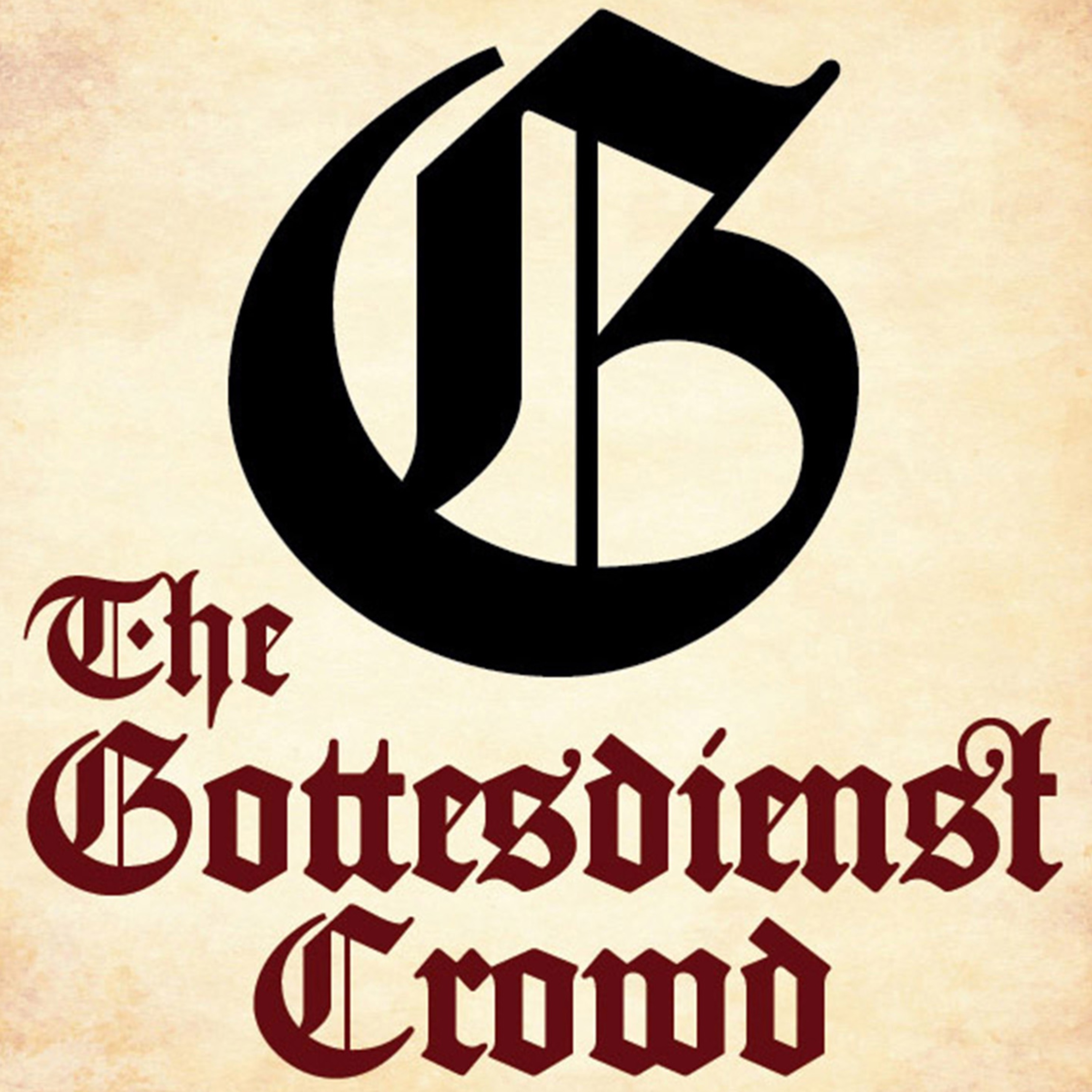Episodes
![[Gottesblog] On Gran Torino — Larry Beane](https://pbcdn1.podbean.com/imglogo/image-logo/332069/G_logo_1500_f5mj7a_300x300.jpg)
Friday Jul 30, 2021
[Gottesblog] On Gran Torino — Larry Beane
Friday Jul 30, 2021
Friday Jul 30, 2021
On Gran Torino

I used to enjoy movies, that is, before they all became preachy and “woke,” eager to push a Critical Theory Neo-Marxist narrative, and turning Christians and other demographic groups, into villains.
In 2008, as the Hollywood Revolution was moving into overdrive, and as filmmaking was quickly descending into the septic tank, actor/director Clint Eastwood produced a gem of cultural iconoclasm: a movie truly worth watching, called Gran Torino.
Eastwood plays the main character, Walt Kowalski, a crotchety Korean War veteran who lives in a changing suburban neighborhood in Detroit. His once-white neighborhood is being repopulated by Hmongs, who are people of a stateless Southeast Asian nationality who live in Cambodia and Vietnam, and who allied themselves with South Vietnam and the Americans during the Vietnam War. Many Hmongs were resettled as refugees in the United States following the communist takeover of Vietnam after the US withdrawal. In fact, at my baptism in 1982, I was given the washing of regeneration and renewal with seven other adults: all Hmong.
There is an interesting conversation in the film between Kowalski and his neighbor Sue (the young adult Hmong woman whom he rescues from a dangerous situation). She explains to him about the Hmong, and said that “the Lutherans” resettled them in the United States. The Roman Catholic character Kowalski retorts with the memorable line: “Everybody blames the Lutherans.”
Without resorting to spoilers, the theme of the movie is sin and redemption - with clear and unmistakable Christological symbolism. The persistent Roman Catholic pastor is actually a heroic figure in the movie, unlike the usual Hollywood paradigm of presenting Christians and clergy as predators or criminals. Father Janovich, who recently buried Kowalski’s wife, nags Kowalski to unburden himself in confession, knowing that his soul is scarred by incidents that happened in the war. There is imagery of the baptismal font that Eastwood places into the picture at crucial moments. There is also the symbolism of the cross and of blood - though the movie is not gratuitously violent or gory (though it does have a good bit of profanity, just so you're aware).
The title comes from the name of the car that Kowalski not only owns, but had assembled in his days as a Detroit Ford auto worker. It symbolizes a kind of freedom and innocence of an era that has passed. The car becomes the object of an attempted crime, later, a symbol of friendship, trust, forgiveness, and love - and once more as the physical manifestation of redemption, of returning to the state of freedom and innocence.
The movie deals with racism, but not in the usual stilted, politically-correct, scoldy, cartoonish way that has become the norm, but rather in a refreshingly human and sympathetic way that allows for forgiveness and growth - one at odds with the current Social Justice Warrior approach of cancel culture, of the perpetually-offended, and the destruction of people’s lives.
Kowalski’s character is complex and authentic: a man who is brutally honest, bearing the scars of warfare, bigoted, but one whose bigotry is overcome by human contact and his own sense of honor. He finds common ground with his Hmong neighbors over and against the hypocrisy of his own kith and kin. The movie is also filled with ethnic humor, which shows the clear distinction between the playful and even affectionate acknowledgement of ethnic and cultural realities between friends vs actual racism. This honest portrayal of normal collegial banter has been panned by contemporary viewers who are scandalized by the words used in the film. Of course, they cry that the film is “racist” - when in fact, it is the diametric opposite. This misrepresentation is because our immediate culture is afraid of normal, human interaction and is on a hair-trigger looking for forbidden thoughts at every turn, even vilifying, if not criminalizing, normal interpersonal interaction. Of course, in the real world of sanity and normalcy, friends, colleagues, and co-workers recognize our differences, and we acknowledge them with humor across the board, equally, instead of the current politically-correct paradigm of banning all such humor and replacing it with genuine, targeted, and debilitating hatred against certain “acceptable” demographic targets for genuine racism and abuse.
Gran Torino cuts through all of that, and presents a normal, complex, lovable man underneath a gruff exterior while making use of clear imagery of the atonement and the sacraments to show God’s transformative mercy at work.
The movie is funny, touching, gritty, honest, and uplifting, but not in the usual contrived Hollywood way. The end of the film comes around to the beginning, as most great storytelling does. It is a master class for Social Justice Warriors to learn the difference between actual racism and healthy human banter and affectionate humor that naturally emerges where people are free. It is also a confession of the atonement, of redemption, of the forgiveness of sins, of love, and the peace that surpasses all understanding.
If you have not seen the film, I highly recommend it. And never forget the dictum: “Everybody blames the Lutherans.”


No comments yet. Be the first to say something!